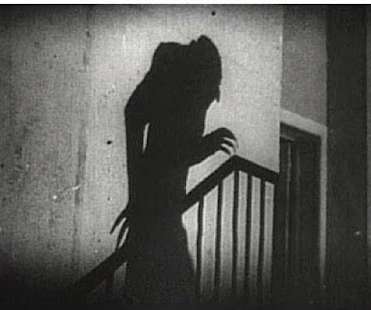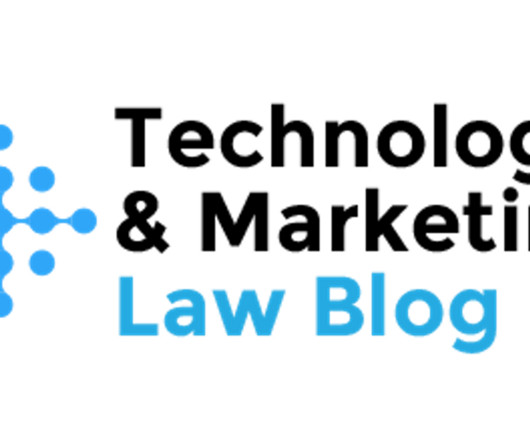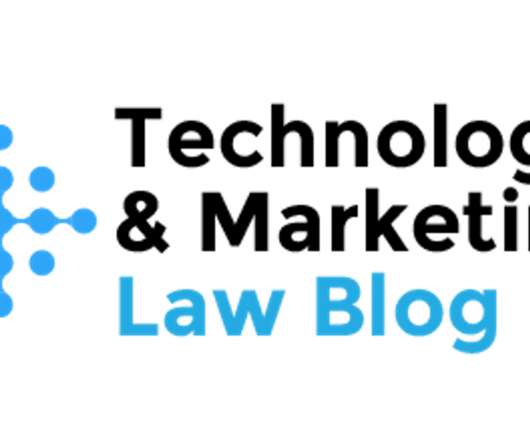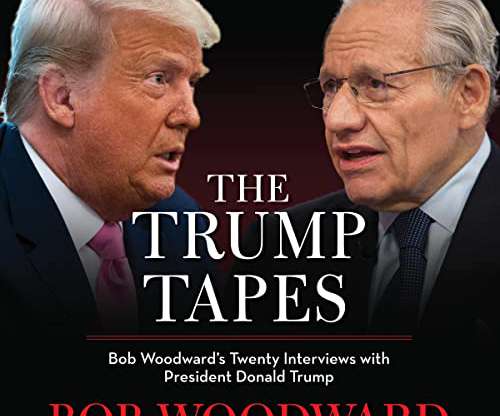When a vampire not called Dracula bested the copyright system, and what it tells us about derivative works
The IPKat
APRIL 8, 2022
And, while the copyright laws were used to try to keep the film from public view, ultimately it failed, to the continuing benefit of cinematic creation. The tale of Nosferatu shows the sometimes-uneasy relationship between copyright protection and the making of derivative works. Enter the copyright laws.













Let's personalize your content